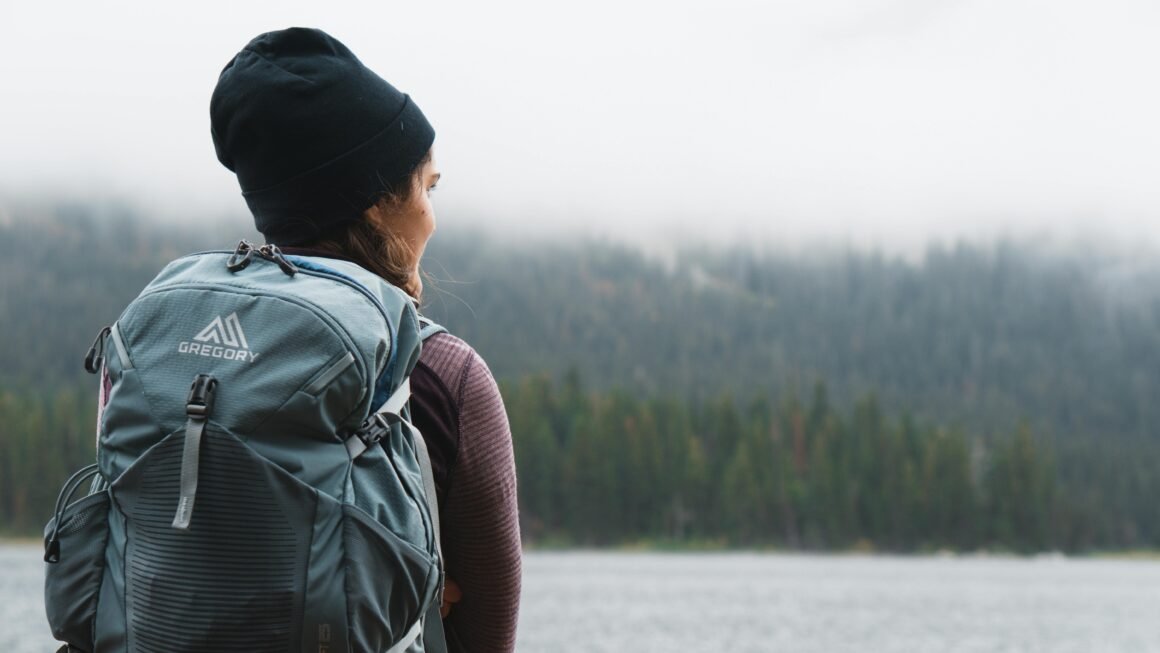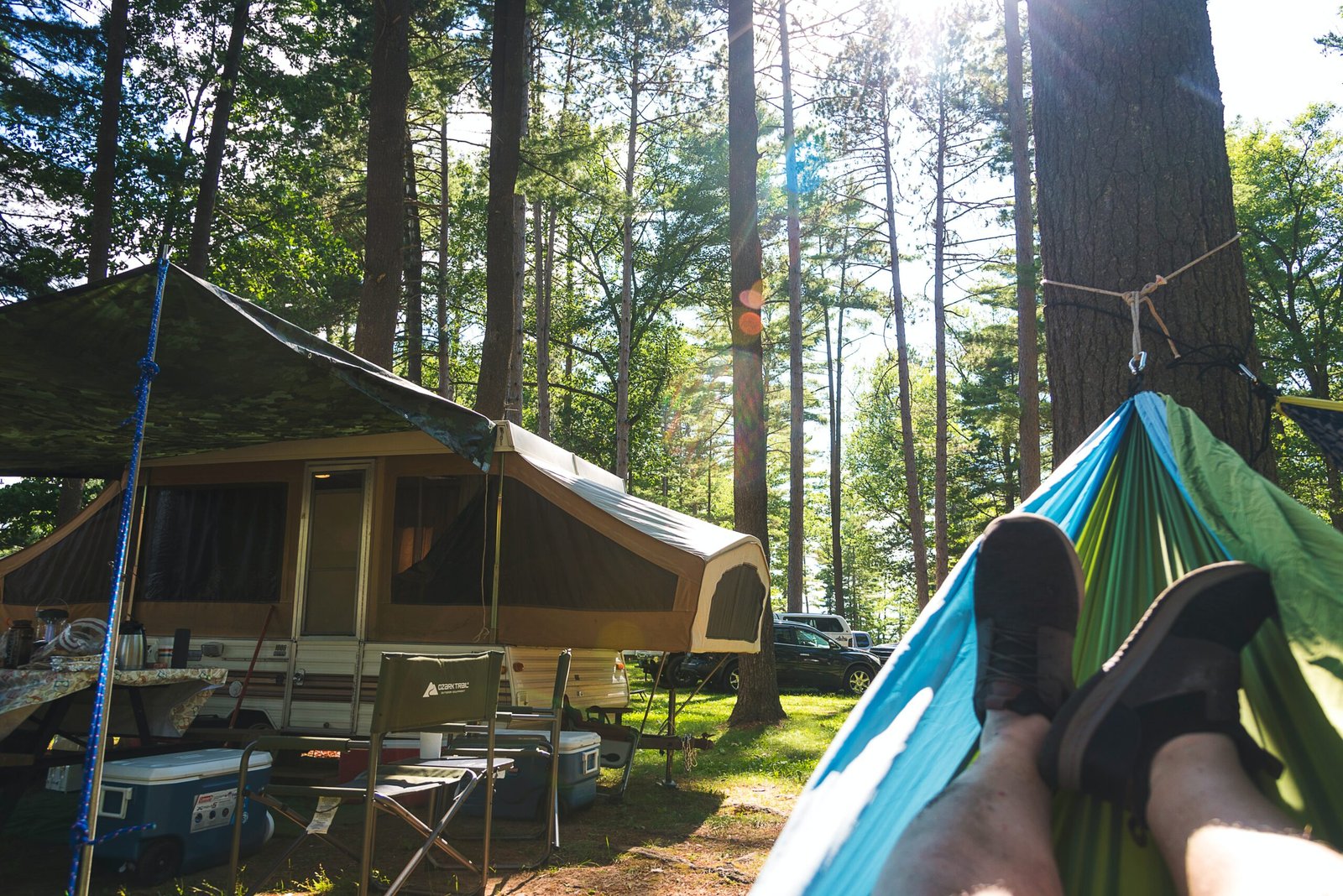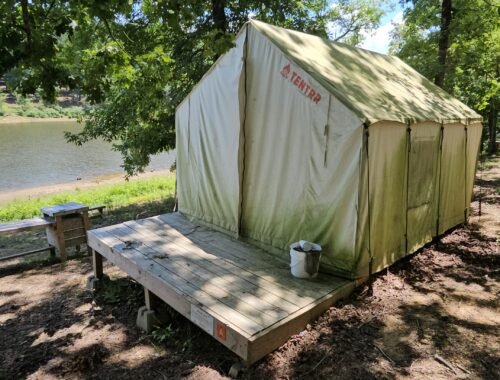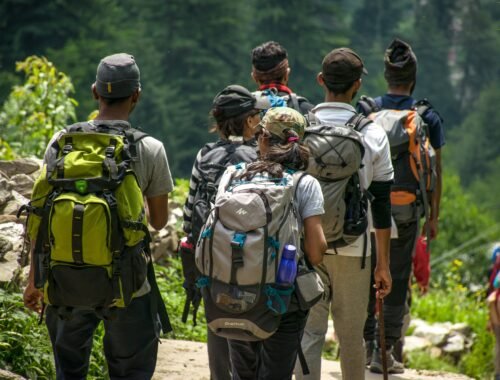
Solo Backpacking Tips for a Safer Adventure
Embarking on a solo backpacking journey is an unparalleled experience of tranquility and self-discovery. The absence of companions means no chatter interrupts the symphony of nature around you. With each step, miles seamlessly unfold, and every decision, from mealtime to taking a break or plunging into that inviting alpine lake, rests solely on your shoulders. It’s a unique adventure that allows you to dance to the rhythm of your own choices.
Yet, solo backpacking is not without its vulnerabilities. A twisted ankle, a misstep, and suddenly there’s no one there to extend a helping hand. Have you ever imagined being alone without food for days? The solitude in the wilderness can pose inherent dangers, but there are steps you can take to mitigate the risks and make your solo backpacking trip safer.
Here are some solo backpacking tips to enhance your safety:
1. Inform Someone: Before setting out, share your itinerary with someone trustworthy. Let them know where you’ll be and when you expect to return. Leave them a map and provide details on who to contact if you don’t return as planned.
2. Carry a Cell Phone: While it may disrupt the natural silence, a cell phone can be a lifesaver. Keep it turned off and stowed at the bottom of your pack to minimize disturbances.
3. Pack Safety Essentials: Bring the usual safety items such as matches, first aid kit, iodine tablets, etc. Double-check to ensure they are in working order; there won’t be someone else’s supplies to rely on.
4. Stick to Well-Traveled Trails: If you’re uncertain of your abilities or have physical concerns, opt for well-traveled trails where other backpackers may pass by regularly. This provides a safety net in case of emergencies.
5. Master Map Reading and Compass Use: Knowing your exact location on a map is crucial. If you’re off course and unable to get a phone signal, map and compass skills become your lifeline.
6. Assess Your Abilities Realistically: Don’t plan ambitious twenty-mile days if you haven’t undertaken such challenges before. Understand your limits and plan accordingly.
7. Lighten Your Load: Solo backpacking means you lose the efficiency of sharing common items. Be cautious not to overload yourself; consider exploring ultralight backpacking techniques to minimize the burden.
While solo backpacking carries inherent risks, the rewards of self-discovery and the intimacy with nature often make it a journey worth taking. Embrace the solitude, follow these precautions, and you might find the unique allure of solo exploration to be an enriching and transformative experience.




